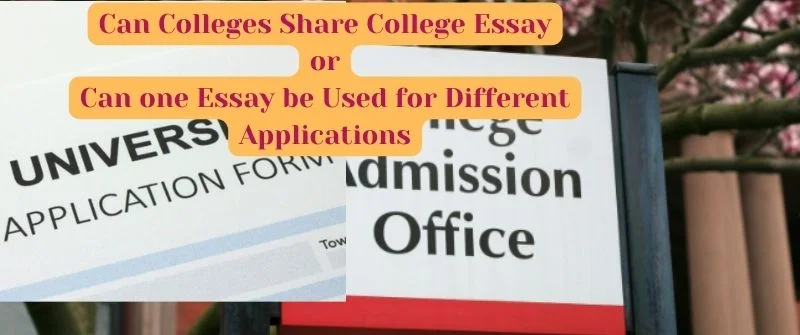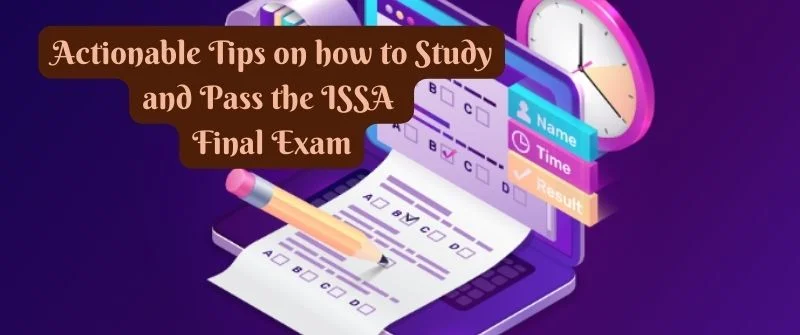Is Plagiarism a Crime: Civil or Punishable Criminal Offense
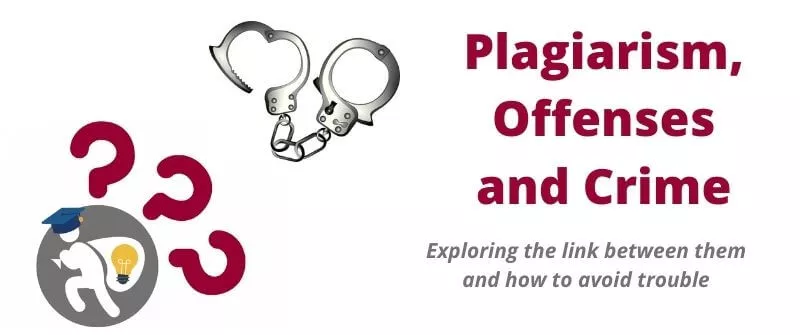
One of the biggest challenges in the life of a scholar is dealing with plagiarism. Plagiarism can either be accidental or deliberate. But is plagiarism a crime? Well, the answer to this question is debatable.
Always remember when you present another person’s ideas, thoughts, language, and expressions as your own without acknowledging them thoroughly, you are plagiarizing.
If you need to avoid plagiarism and still score good grades, consider buying essays without plagiarism from our best writers. Let us explore this issue.
Is Plagiarism a Crime?
The answer to this question is yes and no. In itself, plagiarism is not a crime. Plagiarism is punishable in a court, as it is seen as an infringement of copyrights, just like simulating fraud.
Plagiarism is not a crime if it is done in a way that does not infringe on the copyright of the source. However, if it violates copyright laws, plagiarism becomes criminal.
It is also cheating that is described as academic dishonesty in educational institutions. Therefore it is punishable as per the school’s academic integrity policies.
It is a simultaneous act of both theft and fraud. In the United States, this act is illegal as it violates the nation’s copyright laws.
Plagiarism is often seen as a breach of journalistic ethics and an academic integrity violation. In the education field, cases of maximum plagiarism have been recorded in the recent past.
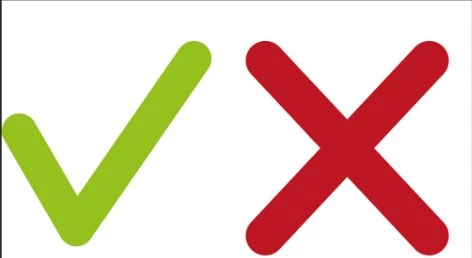
The act attracts penalties, being expelled from school or work, incarceration, suspensions, or even paying substantial fines.
Copyright infringement and plagiarism overrun each other but are not the same.
Various kinds of plagiarism do not amount to copyright infringement as is defined in copyright law.
Plagiarism is treated differently in different nations. While some countries consider it a crime, with even cases of people being imprisoned, some countries feel that using one’s person’s work is flattering.
They treat it as the direct opposite of academic dishonesty. You are using someone else work to gain an academic score. In some instances, plagiarism is seen as a moral offense.
Is Plagiarism a Crime in School or College?
In most learning institutions, plagiarism is a severe crime. To curb the vice, some institutions offer their students a course on plagiarism and ways to avoid it in their work. From the beginning of a student’s career, it’s prudent to learn and implement the principles of good academic practice.
Plagiarism is not a crime in school or college because it does not directly infringe on copyright laws or cause financial loss for the source document. However, plagiarism is prohibited in schools and universities, and any instance of copy-pasting is heavily penalized.
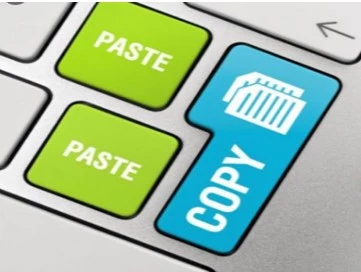
Students are taught about plagiarism by first being introduced to what it is, knowing when it is happening, and lastly, they are taken through developing practical academic skills.
Besides the thorough orientations, the schools have well-articulated honor codes.
Most academic institutions have plagiarism detection software they use to detect plagiarism from the student’s work.
However, the software is not always 100 percent effective; they have loopholes.
Sometimes, plagiarism is accidental. This usually happens to new students in their first academic years. If they are not well informed on the subject, they can mess around as most have a vague idea of copying and referencing.
Other people’s works that need to be acknowledged include;
- Graphs representations
- Computer coding
- Illustrations
- Information collected from journals and books
- Published texts
- Unpublished text from other students’ essays and lectures
- Information collected from websites.
Instances When Plagiarism is Not a Crime
As we have discussed, plagiarism is not a crime if the sources of the information are well-cited. Plagiarism becomes an issue when there is copyright infringement. Below are instances when plagiarism is not a crime;
- When the content you have plagiarized is out of copyright, usually information in the public domain.
- When you copy or reuse someone’s work, you give attribution or cite properly.
Therefore, to avoid issues, you need to self-check your paper for plagiarism before submitting it to your school to know if you have a problem with copy-pasting.
Instances When Plagiarism Becomes a Crime
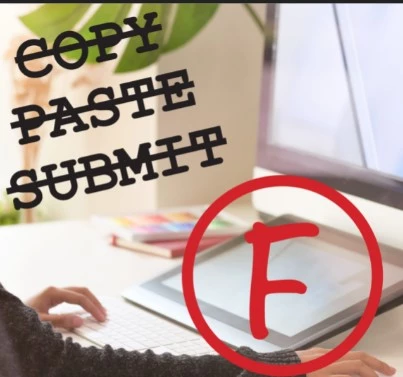
- When you re-write someone’s work without citing the source correctly.
- When you cite a part of the work without mentioning the other part, it ought to be cited.
- Submitting another person’s work as if it were your own.
- You are citing a source inaccurately.
- When you use quotations only, you fail to give the source.
- When you take part in your previous works without citing the source, self-plagiarism.
- Re-writing someone else’s work without giving attributions.
- When you cite a phrase that doesn’t exist.
- When you entwine information from different sources but fail to cite appropriately.
- Overdependence on other people’s work, eventually failing to write a piece that brings out a unique idea. The same happens when, despite having cited your work, you didn’t change the structure and wording of your source.
Plagiarism is a crime when it is done in the following instances;
Types of Plagiarism in School
The following are the different types of plagiarism
Copy and paste plagiarism – in this instance, a person copies a passage or one or several lines from a particular source without citing or using quotation marks.
Mosaic plagiarism is where you use different ideas, phrases, or passages from various sources to develop a “patchwork” without the correct citation. Although the piece is seen as new, the idea is not.
Self-plagiarism is copying one’s previous work by citing or saying it. For example, you can submit a draft you had previously submitted without your teacher’s knowledge.
Global plagiarism is an instance where you submit your work that has been done wholly by someone else. This is much more severe as you are lying about the authorship of this work.
Why Plagiarism Matters in School
It is expected that, as a student, the work you submit is yours. If you are going to get data from other resources, you should properly cite the same.
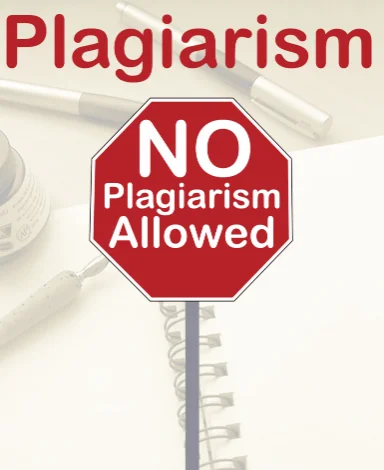
When you express a thought without citing the source or sharing a passage of text without quoting it correctly, you are simply getting a score from someone else’s work. This would be the case even if you had no intentions of misleading your lecturer or reader.
However, this does not limit you from looking for information from other sources, but you should differentiate your ideas and words from those of your sources.
Always remember the harsh penalties and consequences you would be faced when caught with plagiarism.
There has been a call for concern on why students turn to plagiarism. The following are the leading causes;
- When there are uncoordinated activities by teachers, they give many workloads to the students. This results in the students reducing their practical activities and trying harder to have a work-life balance.
- Use of harsh punishments over positive reinforcements
- The temptation to plagiarize comes from the ease of getting information from the internet.
- The current pressure where attaining a degree is enough and should also be backed with good grades for one to secure their career and academic paths.
- Student laziness coupled with an unwillingness to put in the extra effort.
However, as a student, your life and academic prosperity are at stake. Despite the avenues and temptations to plagiarize, weigh the consequences for your future education and career endeavors.
On the other hand, teachers should teach their students the value of doing research and writing their papers.
The law that Addresses Plagiarism and Copyright
Plagiarism and copyright infringement usually overlap each other. In summary, plagiarism considers if the work is appropriately cited or not. On the same note, copyright looks at the use of the original work.
Plagiarism is a moral offense and dishonoring a school’s set of honor codes or workplace ethics. In most cases, you will be punished by your institution or fired from your place of work when caught.
Plagiarism also occurs even when the information copied is not protected by copyright. The only way plagiarism is punishable before the court is when there is copyright infringement.
Copyright is a set of assigned and exclusive legal rights granted to the originator or creator of an original work. Plagiarism is copying and using the original work for their benefit, which is usually not necessarily monetary.
Copyright owners decide how their work is to be used. They prevent it from being copied or distributed without their consent. In contrast, you cannot attach rights to ideas, styles, techniques, or concepts.
For example, a scriptwriter cannot limit others to writing on the same topic as theirs. The only mistake would be in copying their original script.
Plagiarism is not illegal but a violation of academic ethics. In retrospect, copyright violation is a crime but is common in academia.
Sanctions for Plagiarism
Although plagiarism is considered cheating and, in some cases, is identified as stealing, it does not call for legal repercussions.
Even though using someone else’s work to gain an academic score is a fraud, plagiarism is not mentioned in any stature, whether criminal or civil.
In academia, plagiarism is a severe offense. When found out with plagiarism, the following may happen;
- Expulsion or suspension occurs. This is so in cases of severe plagiarism where a student employed someone else to write the entire document for them.
- Your academic work may get destroyed, leaving you with no grades or repeating the whole project.
- You could also be subjected to fines or penalties.
- Plagiarism could hinder your possibility of furthering your education, for example, when pursuing master’s or doctorate degrees.
You can avoid these consequences if you, first of all, do not get caught plagiarizing or copying stuff. Read that link to get some of the strategies to get away with plagiarism and learn a thing or two about getting off the hook.
Copyright Infringement Sanctions
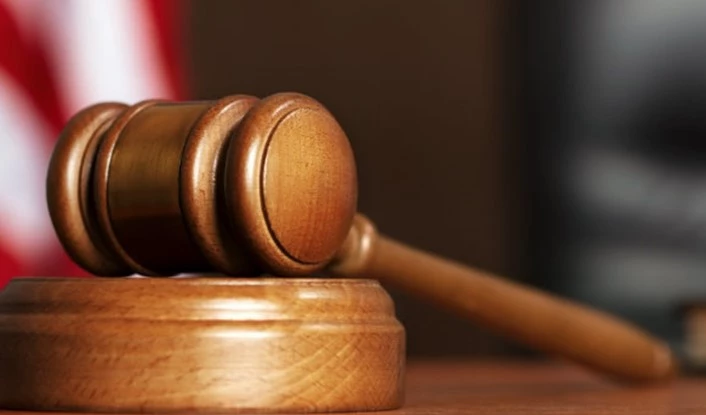
If a person is found having used other people’s work without their permission, the following can happen;
- Being asked to take down the content through direct negotiations or litigation in civil court.
- In instances where there are large-scale copyright infringements, one is prosecuted in court for criminal charges.
To avoid plagiarism in your work, cite correctly. Use plagiarism detector tools to check against your paper.



